On the occasion of the 100th anniversary of Vietnam Revolutionary Press Day (June 21, 1925 - June 21, 2025), Dr. Tilottama Mukherjee, Head of the Faculty of Political Science, Syamaprasad University (Kolkata, India) and an expert on Vietnam-India relations, shared about the historical role and lasting significance of Vietnam's revolutionary press throughout a century of formation and development.
In an interview with a Vietnam News Agency reporter in New Delhi, Dr. Tilottama Mukherjee pointed out that in the context of the Fourth Industrial Revolution, the press and journalists are facing the biggest challenge of adapting to a completely new media environment - which is changing rapidly and being reshaped by artificial intelligence (AI) technologies.
From automating news production to dealing with misinformation and fake news, these are big issues right now.
According to Dr. Tilottama Mukherjee, journalists, on the one hand, need to continue to uphold professional ethics and report truthfully and objectively; on the other hand, they also need to learn how to utilize AI technologies to improve their capacity in the digital age.
In terms of opportunities, it can be said that they are very open: AI can support writing regular news stories, thereby helping reporters focus on in-depth analysis and investigative journalism.
AI also helps personalize content to each audience, while speeding up the process of collecting and disseminating information.
However, AI should be a tool for journalism, not a “dominant character”. Human supervision and control are mandatory in the era of AI journalism.
The current digital transformation trend mainly focuses on digital platforms such as websites, social networks, and media applications - instead of traditional media. This requires journalists to adapt to real-time reporting and effectively exploit social networking platforms both in collecting and spreading information.

Dr. Tilottama Mukherjee said that digital transformation also helps the press access large amounts of data, which requires journalists to have knowledge of data analysis to detect trends and patterns in stories.
However, along with that comes the challenge of journalistic ethics: how to maintain fairness, confidentiality, integrity, honesty and transparency in the new context.
Journalists need to be aware of their professional status, especially in the face of increasingly sophisticated fake news. The content provided must be authentic and the scope of coverage should not stop at the surface.
One point worth noting is that today's press often does not pursue a story to the end, when the event is over, the media often forgets the next developments.
In the age of AI, journalism needs to promote investigative journalism, which is an urgent requirement of the times. In addition, journalists also need to have more diverse and extensive skills to be able to adapt to new technical challenges in news production and distribution.
The year 2025 marks the 100th anniversary of the Vietnamese Revolutionary Press, since Vietnam's first revolutionary newspaper - Thanh Nien - was founded by President Ho Chi Minh on June 21, 1925.
Over the past century, revolutionary press has continuously united and gathered the Vietnamese people, served just struggles, encouraged solidarity, contributed to the cause of building and defending the Fatherland, and spread revolutionary ideals.
From reflecting on post-war reconstruction, the Doi Moi process to modern economic development and facing today's challenges, revolutionary journalism has always accompanied the nation.
The press has contributed to enhancing Vietnam's position in the international integration process, promoting multilateralization while still preserving national independence.
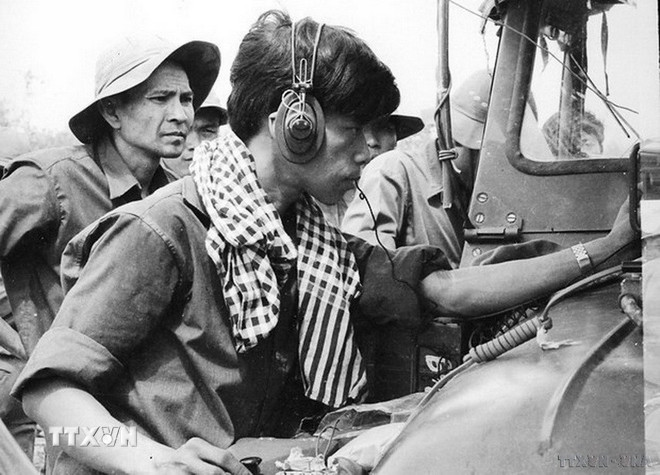
Vietnam News Agency was established right after the August Revolution in 1945 and has continuously developed from a wartime news agency into a modern multimedia organization.
During that period, Vietnam News Agency played an important role in transmitting the call for national resistance, establishing a foreign information network, and after 1975, Vietnam News Agency and Liberation News Agency officially merged under the name Vietnam News Agency.
In recent decades, Vietnam News Agency has focused heavily on digital transformation, expanding its scope of operations through multiple platforms and languages, including the launch of the multilingual e-newspaper VietnamPlus - a testament to the national news agency's spirit of constant innovation.
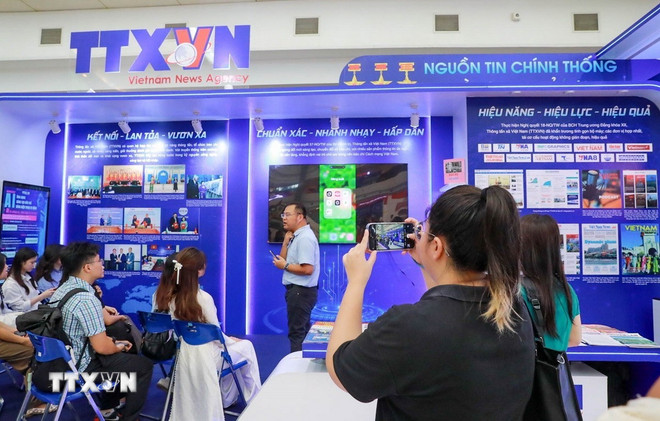
The belief that the press could play a pioneering role as an ideological-cultural front for the aspirations and struggles of the Vietnamese people was clearly recognized by President Ho Chi Minh very early on.
As the founder of Vietnam's revolutionary journalism, he demonstrated profound political vision and sharp revolutionary thinking through each page of his writing.
Under his hands, the press was not only a channel of information, but also a weapon of ideological struggle, a means to enlighten the people, spread socialism, build great national unity and encourage patriotism against invading forces.
To President Ho Chi Minh, journalists are revolutionary soldiers, journalism is the vanguard and journalism is a battle. His journalistic style is not dry and theoretical, but full of emotion, simple and close, creating a strong connection with the masses.
In modern times, the values in President Ho Chi Minh's journalistic ideology still remain valuable.
Despite changes in technology, journalists still need to stay connected with the public, maintain independence, honesty, transparency and impartiality. AI should not turn journalism into a machine, but should make journalism more humane, more ethical and revolutionary, in line with the spirit of Ho Chi Minh: fighting against all injustices in the world./.
Source: https://www.vietnamplus.vn/100-nam-bao-chi-cach-mang-viet-nam-su-menh-khong-doi-trong-thoi-dai-ai-post1045705.vnp








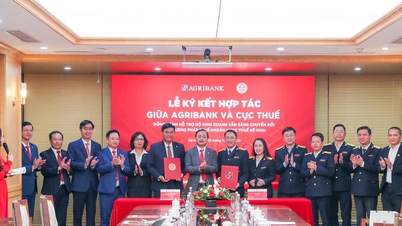



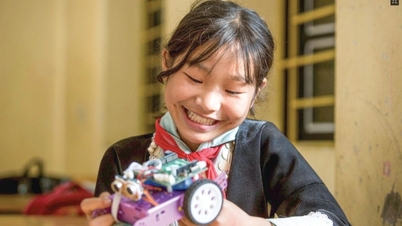

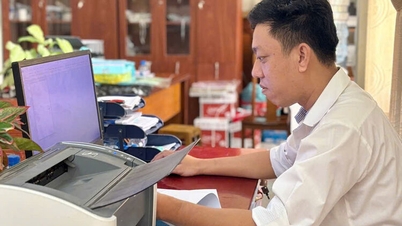

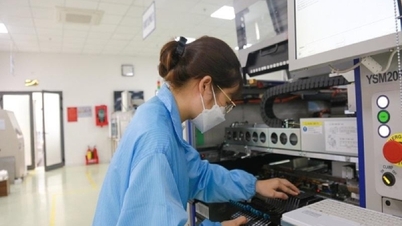

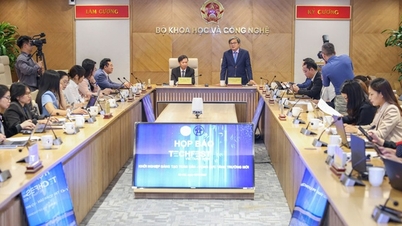

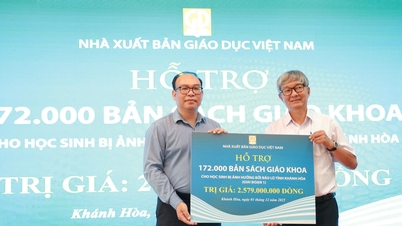
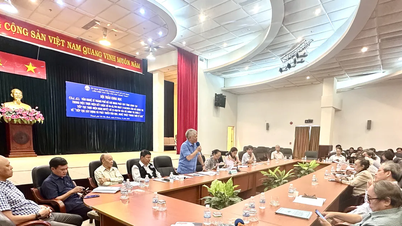

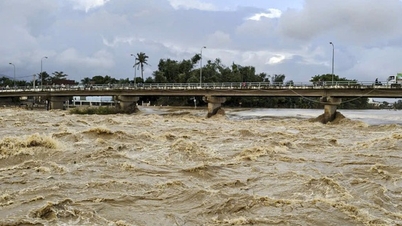

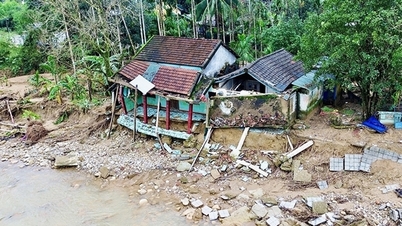

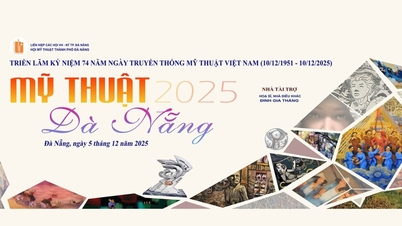






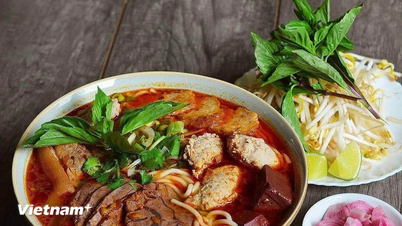
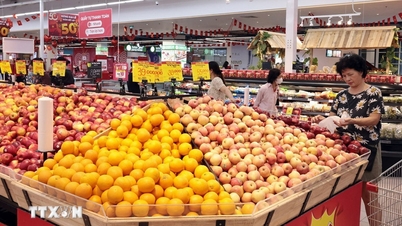

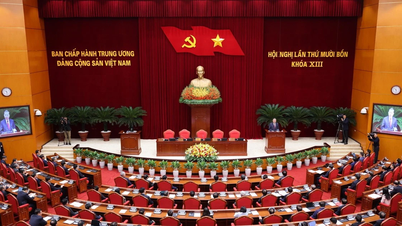
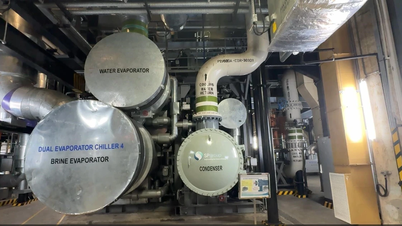
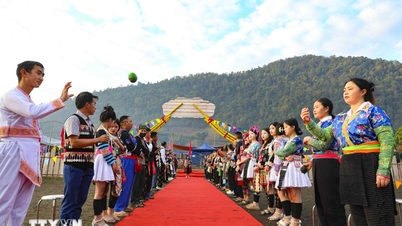
![[Photo] Parade to celebrate the 50th anniversary of Laos' National Day](/_next/image?url=https%3A%2F%2Fvphoto.vietnam.vn%2Fthumb%2F1200x675%2Fvietnam%2Fresource%2FIMAGE%2F2025%2F12%2F02%2F1764691918289_ndo_br_0-jpg.webp&w=3840&q=75)











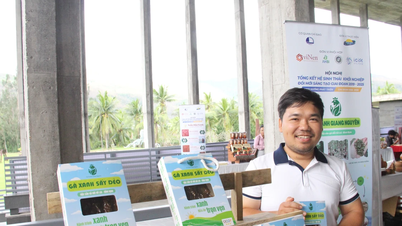

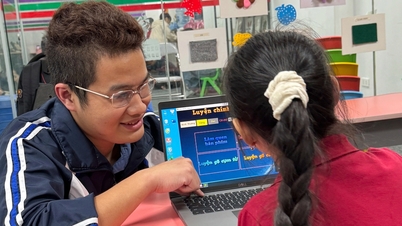

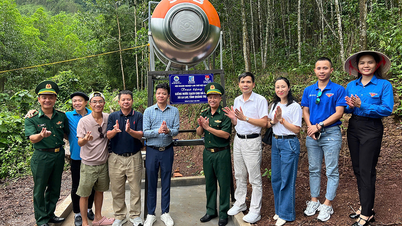












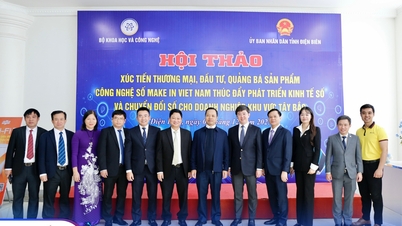






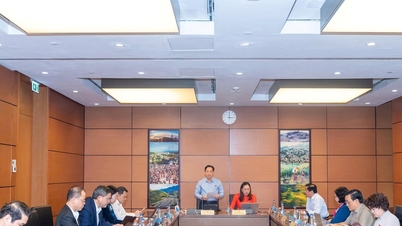

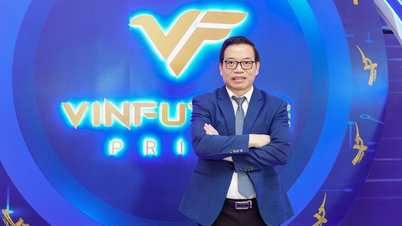

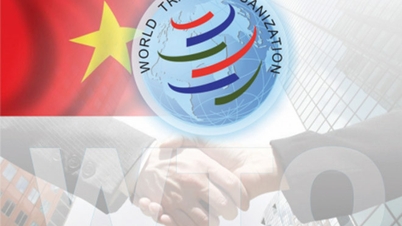
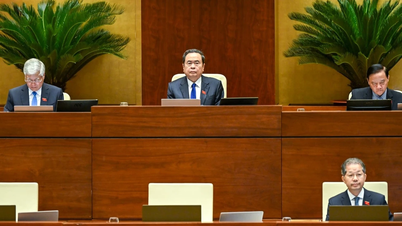

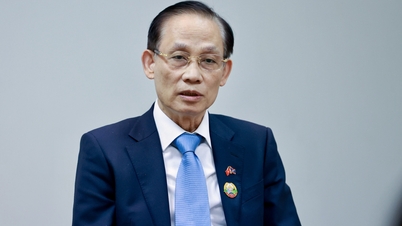
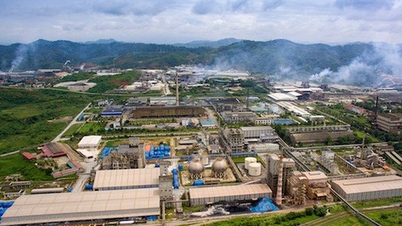






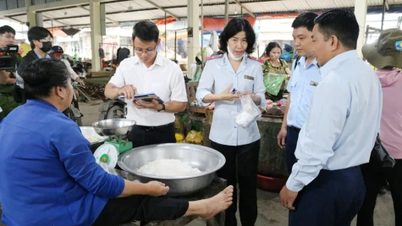

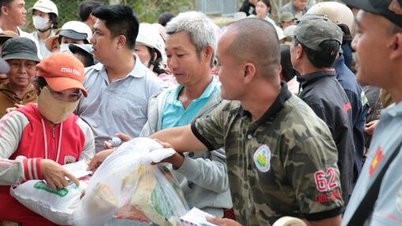

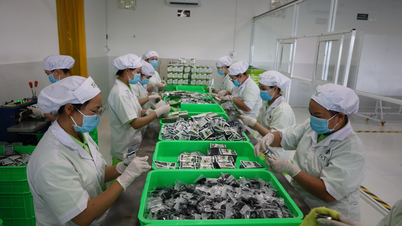


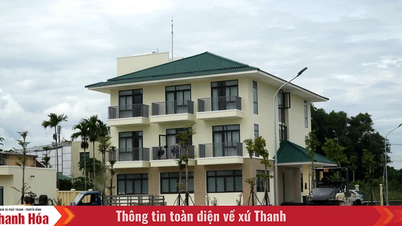










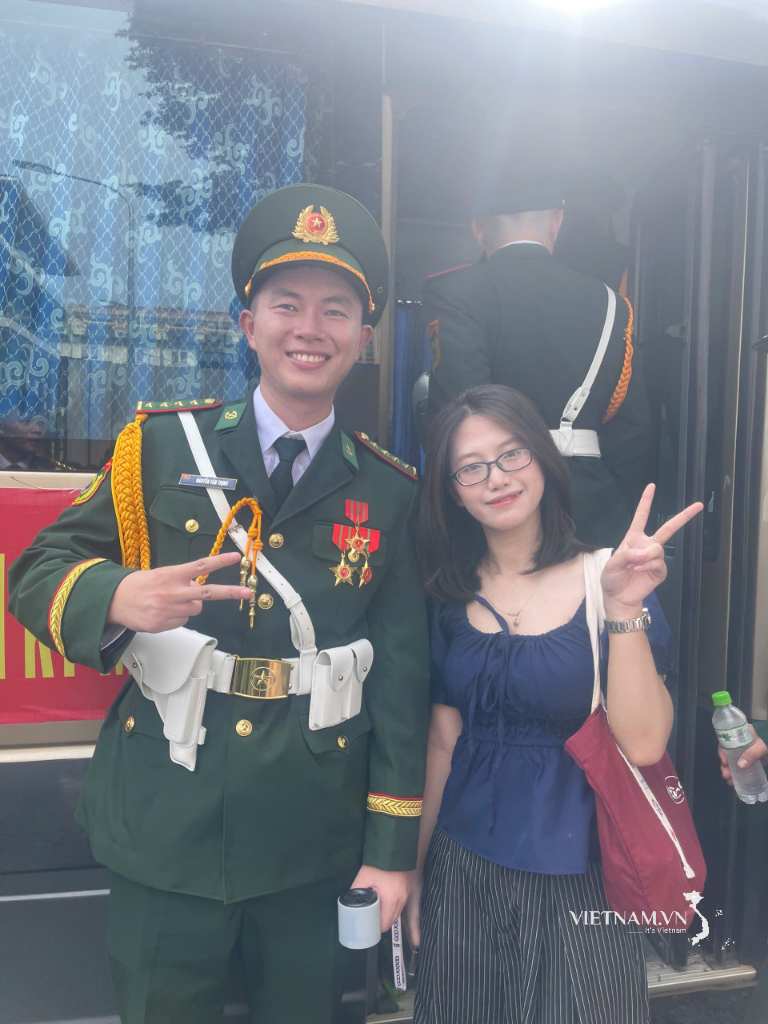



Comment (0)